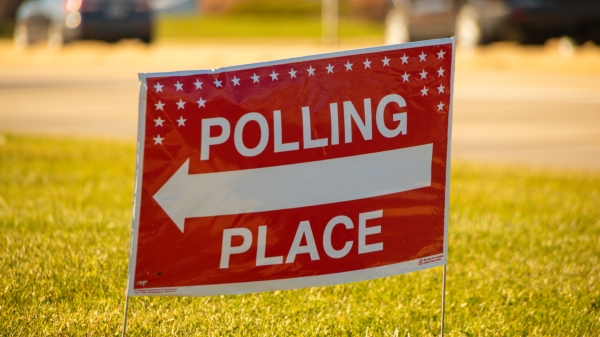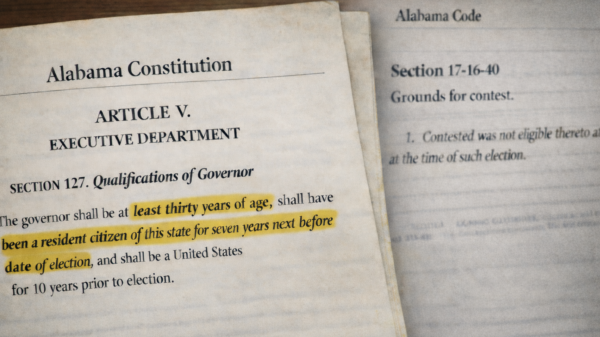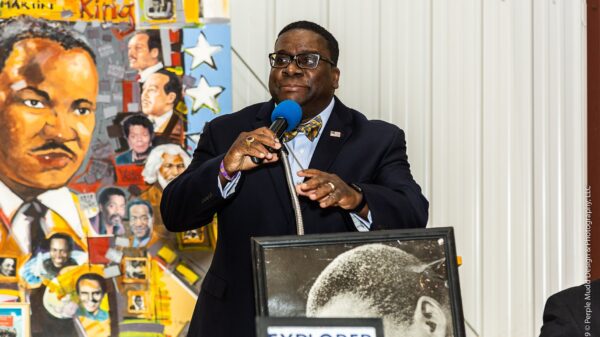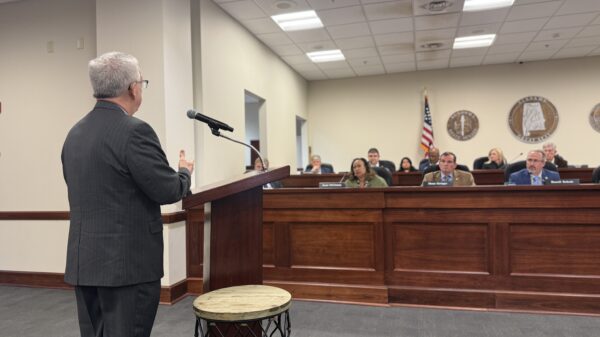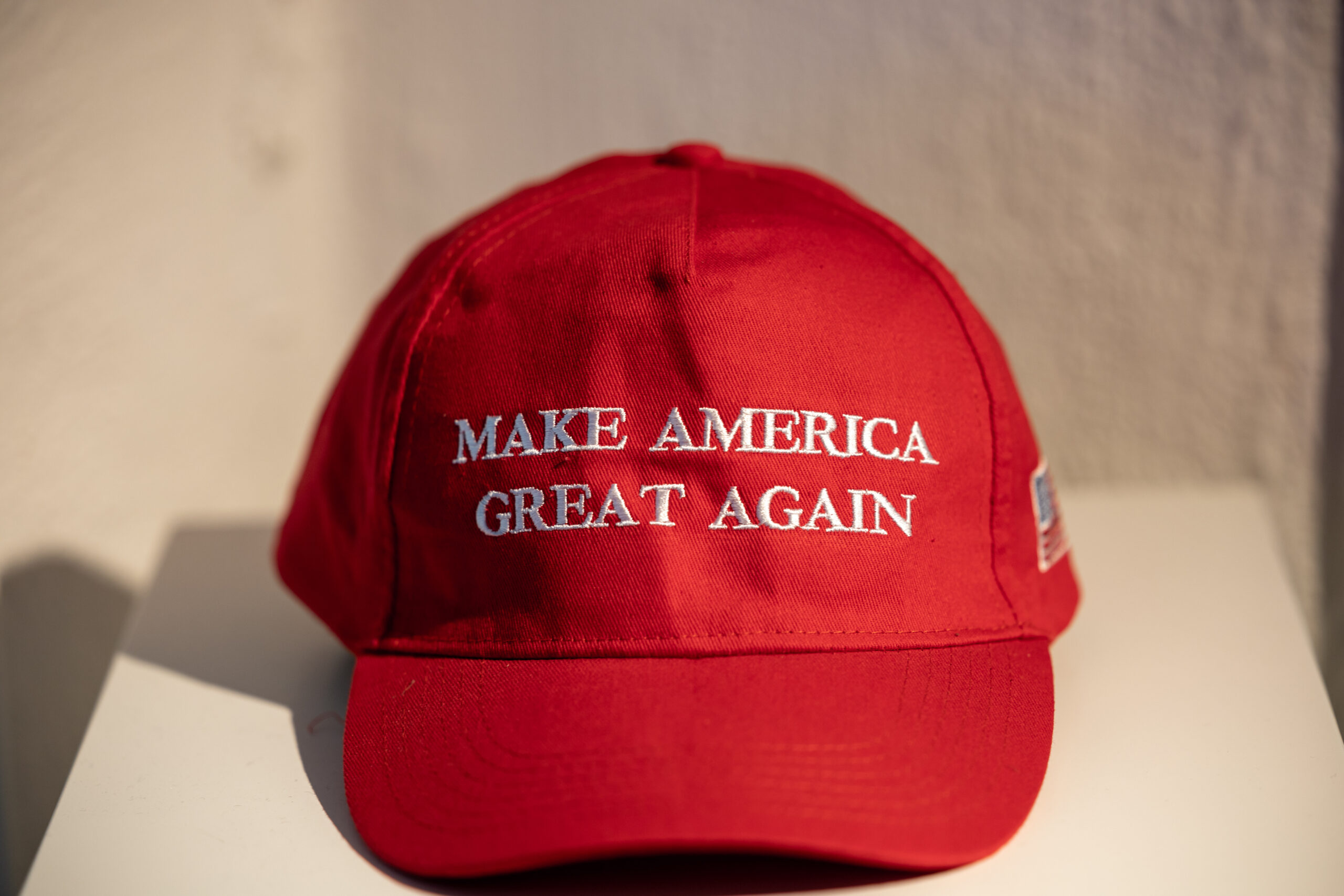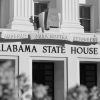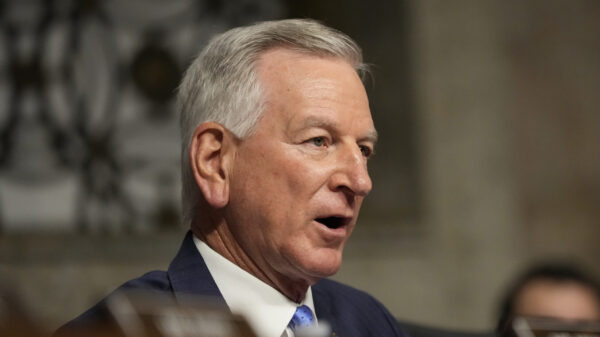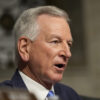We hear it said often—especially here in Alabama—that President Donald Trump is saving the country. That he’s standing up for working Americans and restoring our national greatness. It’s a powerful story. And for many, it’s built on the enduring promise of capitalism: that the open market, not the government, should shape prosperity.
But here’s the question we can no longer avoid—is that still the system we’re living under?
Since returning to office, Trump has moved swiftly to reshape the American economy through tariffs, executive directives and central oversight. His administration has raised import taxes on nearly every trading partner, introduced a state-backed cryptocurrency reserve, and embedded federal efficiency teams—known as DOGE—throughout the executive branch to assert direct control over hiring, spending and regulation.
He has done this in the name of strength. Of putting America first. But what he’s building looks less like a free market and more like an economy governed by command. This isn’t a return to small government. It’s a government that wants to decide what industries rise and which voices fall.
That should give us pause.
Ronald Reagan, whose conservatism was rooted in economic liberty, once warned, “The most terrifying words in the English language are: I’m from the government and I’m here to help.” That wasn’t cynicism. It was clarity. Reagan understood that the more power government amasses over markets, the more it dictates outcomes rather than allows competition to drive them.
Milton Friedman put it bluntly: “Underlying most arguments against the free market is a lack of belief in freedom itself.” The free market doesn’t need a strongman. It needs a level playing field. What we see now is a White House rewarding allies, punishing critics, and choosing winners not based on merit—but allegiance.
We’ve watched independent agencies be strong-armed. The Fed pressured. Contracts threatened. Dissent met with boycotts. This isn’t the invisible hand of the market. It’s the very visible hand of political power—and it’s gripping tighter.
This isn’t the first time a leader has tried to marry nationalism with economic control. Juan Perón in Argentina did it with tariffs and subsidies, using the economy to secure political loyalty. Benito Mussolini called it corporatism—the fusion of state and private industry under centralized rule. He didn’t destroy capitalism; he rebranded it to serve the state. And he justified it all in the name of national greatness.
Even Franklin Roosevelt, no stranger to the reach of federal power, reminded us that the presidency is “preeminently a place of moral leadership.” Leadership, in Roosevelt’s view, meant preserving the institutions and principles that outlast any one man. Moral leadership requires limits. Especially when markets—and minds—are being shaped from above.
Friedrich Hayek, in The Road to Serfdom, warned that “the more the state ‘plans,’ the more difficult planning becomes for the individual.” If our future is built on executive orders and loyalty-based economics, we need to ask—who’s really in charge? The people, or the planner?
This isn’t about attacking the man. It’s about defending the system.
For two centuries, America’s greatness wasn’t commanded from the top—it was built from the bottom up. It was built by small business owners, factory workers, innovators and immigrants—people who didn’t ask for special favors, just a fair shot. Capitalism gave them that. It was messy, it was unequal, and it was imperfect—but it worked because no one controlled it.
You can support the man and still question the method. You can cheer the rally without closing your eyes to the direction we’re headed. Because if capitalism is no longer the cornerstone of our prosperity, then what replaces it may not be prosperity at all. History has shown what happens when economic freedom gives way to political control—and it rarely ends in greatness.
A nation built on freedom cannot thrive under fear. And an economy that runs on loyalty, not liberty, may serve a few—but it will not serve America.


